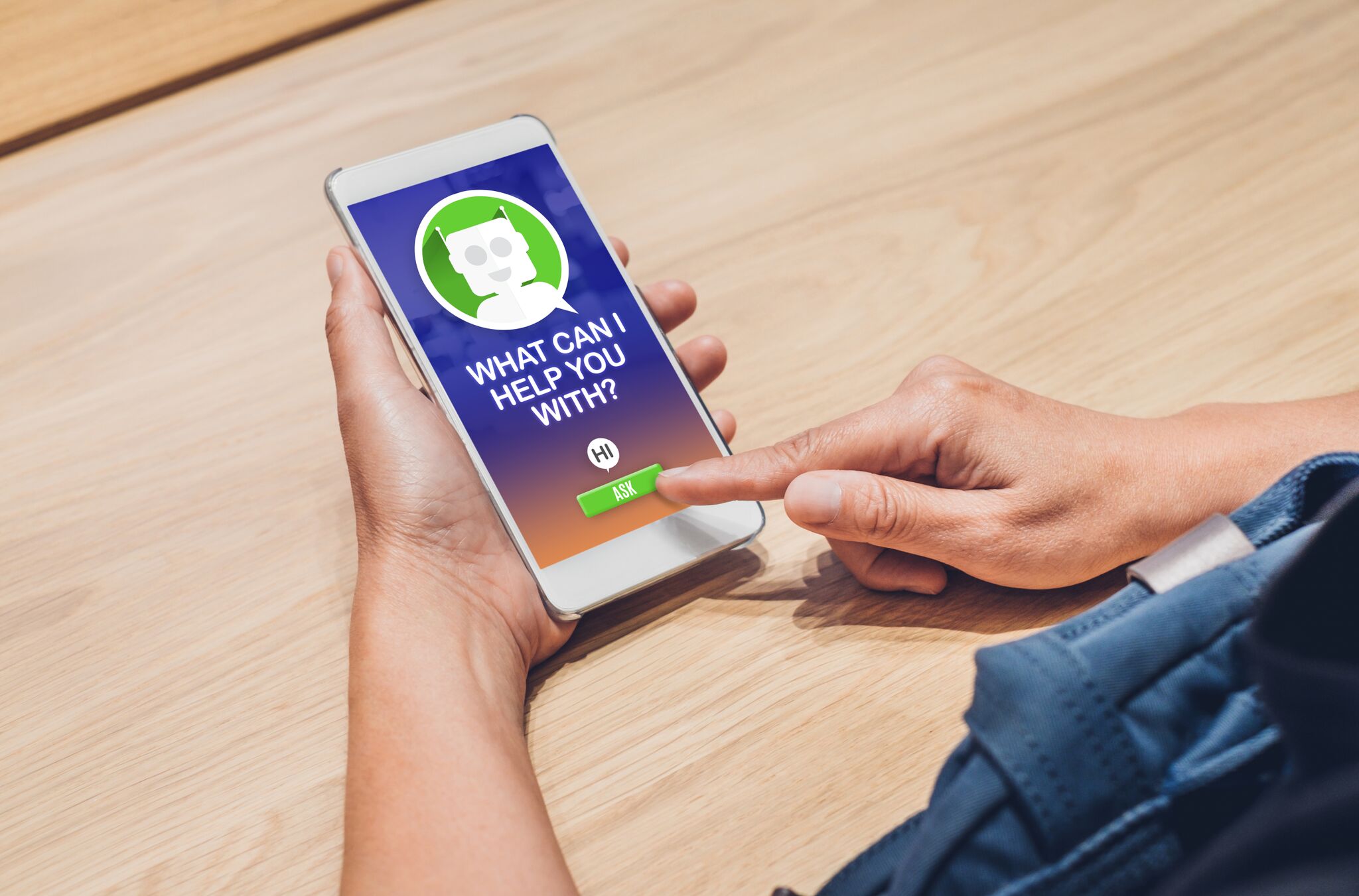
Is it possible to diagnose COVID-19 simply by the sound of someone’s voice?
A consortium of researchers and businesses is guessing it just might be. Launched this past spring by voice assistant developer Voca.ai and Carnegie Mellon University, the group has gone international with the recent addition of Brazilian biometrics startup Unike Technologies.
The idea of the COVID Voice Detector project is “to use a suitably trained AI to analyze the probability that someone is infected with the coronavirus based on the sound of their voice and cough. The online test asks users for some basic health information and anything they know about if they may have been exposed. The volunteers then record some short audio clips of them talking, as well as a few coughs. The result is scored for lung health and the potential presence of COVID-19.”
In an interview this past spring, Voca.ai co-founder Alan Bekker explained, “We ask people to use the platform and record themselves every day. They say if they have the virus and how they are feeling. In viruses like the coronavirus that harm the respiratory system, there’s a high probability we might find a pattern in the way a person speaks using voice biomarkers research.”
While tens of thousands of people have reportedly already completed the online test, “the potential scope of data collection becomes much larger if mobile platforms like WhatsApp can be used to complete the test.”
That’s where the addition of the Brazilian startup comes in. Unike offers “a message-based version of the test on WhatsApp that gathers the same medical information and voice samples from any volunteer over 18, as well as a few facial images for verification. The encrypted data is stored the same way for research purposes. . . Unike began as a contactless payment system but has evolved into a suite of tools using facial biometrics to handles transactions ranging from shopping trips to online learning identification.”
If this and other similar projects succeed, say observers, “it could be a huge boon during the health crisis. People might catch earlier signs of the disease and see a doctor before the disease gets harder to treat, while those who may think they are infected could get some reassurance one way or another. That vocal tests at home are so much faster and cheaper also gives more flexibility to the healthcare system, which is straining in many parts of the world.”


